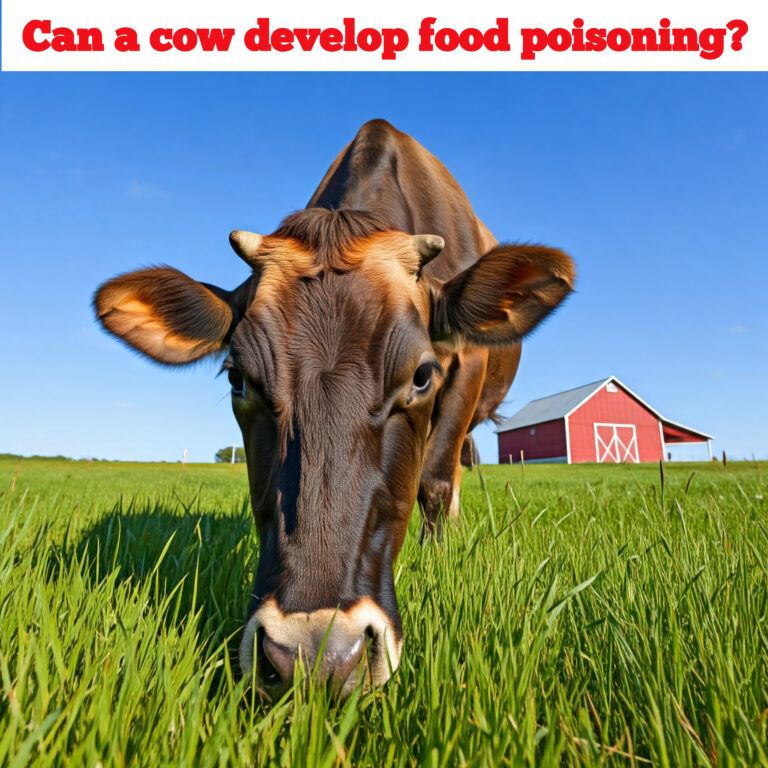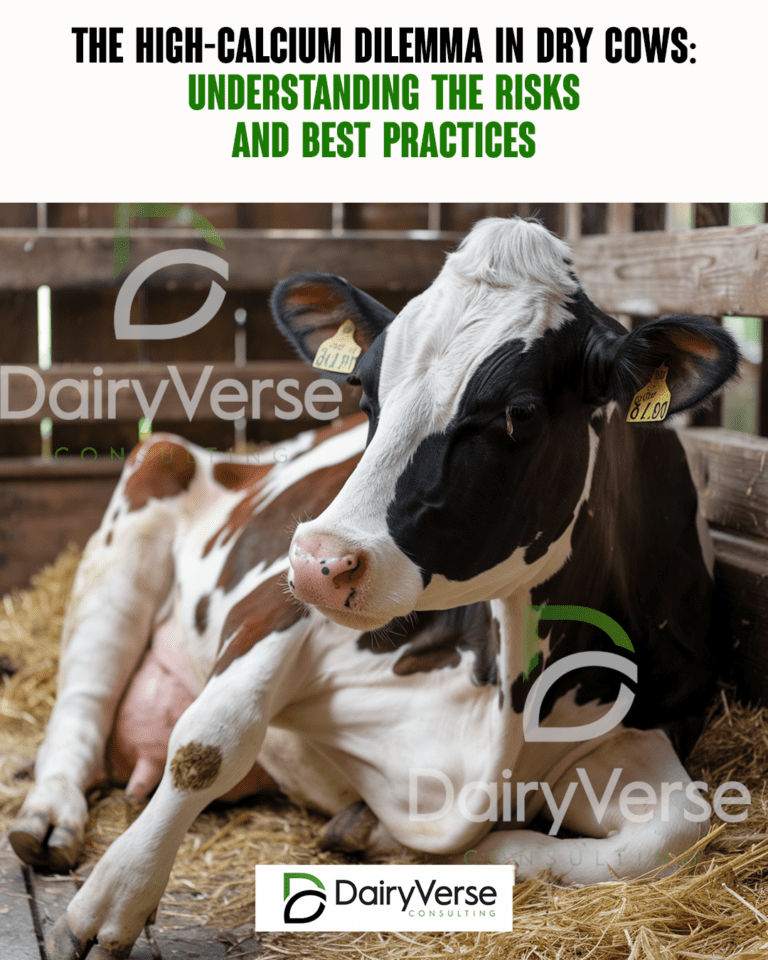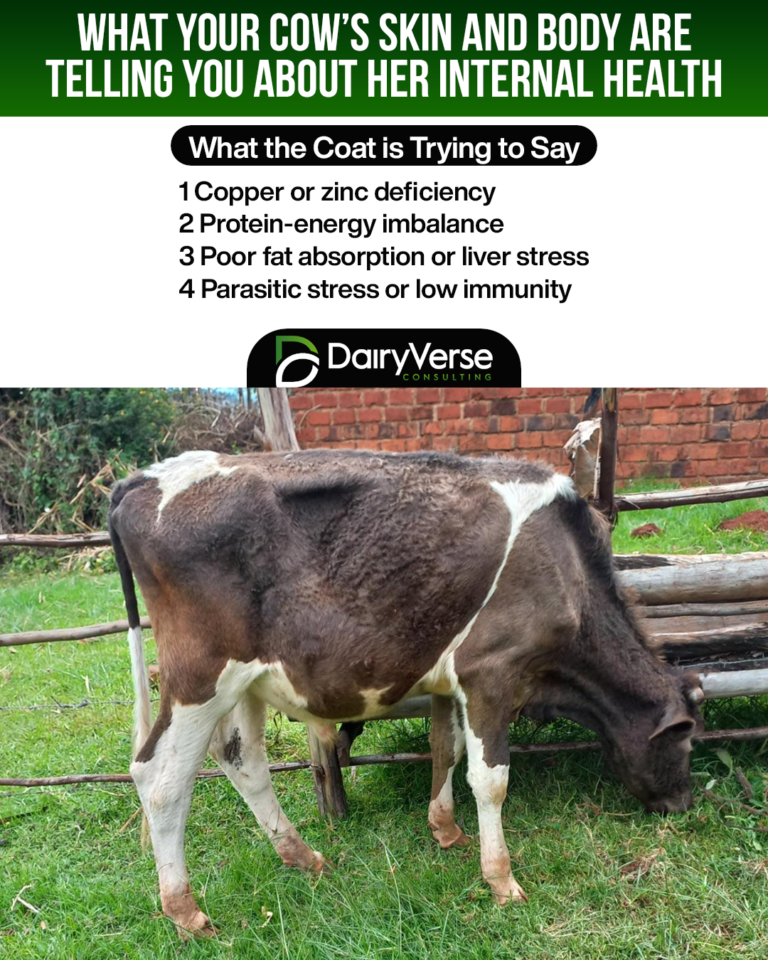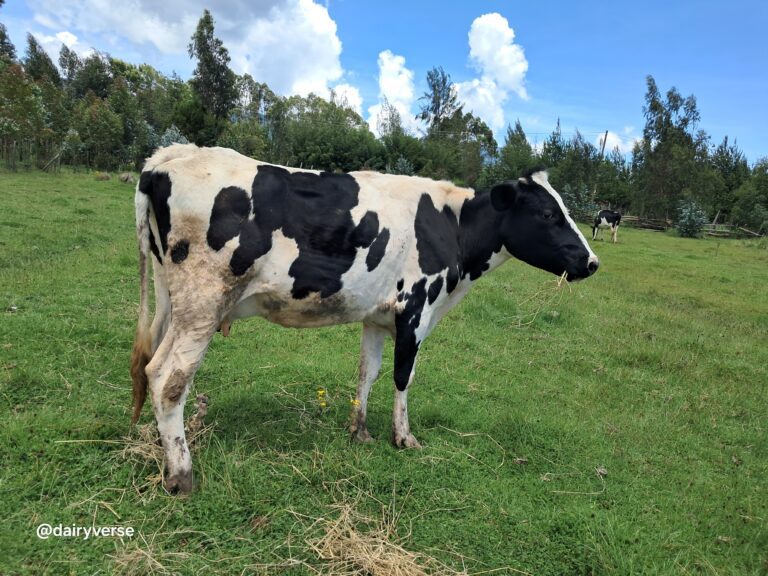The Future of Dairy Farming in Kenya: Sustainable Practices and Profitable Opportunities

Dairy farming in Kenya has always been a vital part of the country’s agricultural sector, and with sustainable practices and profitable opportunities on the horizon, its future is even brighter. As the demand for dairy products continues to rise, the industry is adapting to new approaches that prioritize both economic success and environmental preservation.
In recent years, sustainable farming practices such as integrated crop-livestock systems, precision feeding, and efficient manure management have gained traction in the dairy sector. These practices not only boost productivity and profitability but also minimize the industry’s ecological footprint. From utilizing renewable energy sources to reducing water usage, Kenyan farmers are committed to mitigating environmental impact and ensuring long-term sustainability.
Moreover, the growing consumer interest in organic and ethically produced dairy products presents profitable opportunities for dairy farmers. By adopting organic practices and implementing animal welfare standards, farmers can tap into a niche market that commands higher prices and fosters customer loyalty.
In this article, we will explore the future of dairy farming in Kenya, examining the sustainable practices and profitable opportunities that can lead to success in the ever-evolving industry. Join us as we delve into the innovative strategies and forward-thinking initiatives shaping the future of Kenyan dairy farming.
Challenges faced by traditional dairy farming methods
Traditional dairy farming methods in Kenya have long been plagued by a range of challenges that have hindered the industry’s growth and sustainability. One of the primary issues is the reliance on outdated practices that fail to address the evolving needs of the sector. Many Kenyan dairy farmers still rely on manual labor-intensive techniques, such as hand-milking and rudimentary feeding methods, which limit their ability to scale up production and improve efficiency.

Another significant challenge is the lack of access to modern technologies and infrastructure. Inadequate storage facilities, poor transportation networks, and limited access to veterinary services have all contributed to the industry’s struggles. This has resulted in high rates of post-harvest losses, increased animal health issues, and reduced overall productivity.
Furthermore, the impact of climate change has exacerbated the challenges faced by traditional dairy farming methods. Erratic weather patterns, prolonged droughts, and unpredictable rainfall have made it increasingly difficult for farmers to maintain consistent feed and water supplies for their livestock. This, in turn, has led to reduced milk yields, increased animal mortality, and heightened financial instability for dairy farmers.
The need for sustainable practices in dairy farming
As the demand for dairy products continues to rise in Kenya, it has become increasingly clear that the traditional dairy farming methods are no longer sufficient to meet the growing needs of the market. Sustainable practices that prioritize long-term viability and environmental stewardship have emerged as a critical solution to the challenges faced by the industry.
Sustainable dairy farming practices not only address the immediate concerns of productivity and profitability but also ensure the long-term resilience of the sector. By adopting integrated crop-livestock systems, precision feeding techniques, and efficient manure management strategies, dairy farmers can enhance their operations’ economic and ecological sustainability.
Moreover, the growing consumer demand for organic and ethically produced dairy products presents a lucrative opportunity for Kenyan dairy farmers to differentiate their offerings and tap into a niche market. By transitioning to organic farming methods and implementing robust animal welfare standards, farmers can command higher prices and foster customer loyalty, ultimately leading to increased profitability and a more secure future for the industry.
Sustainable practices in dairy farming – organic feed, pasture management, and waste management
One of the key pillars of sustainable dairy farming in Kenya is the adoption of better feed practices. By transitioning away from synthetic fertilizers and pesticides, dairy farmers can reduce their environmental impact and produce high-quality, nutrient-rich feed for their livestock. This not only enhances the nutritional value of the milk but also contributes to the overall health and well-being of the animals.
Pasture management is another critical component of sustainable dairy farming. By implementing rotational grazing systems and carefully managing the land, farmers can optimize forage production, improve soil health, and reduce the reliance on imported feed. This approach not only reduces the carbon footprint of the dairy operation but also promotes the natural grazing behavior of the animals, enhancing their welfare and productivity.

Efficient manure management is also a key aspect of sustainable dairy farming. By investing in technologies such as biogas digesters and composting systems, dairy farmers can transform waste into valuable resources, reducing their environmental impact and generating additional revenue streams. The biogas produced can be used to power the farm’s operations, while the nutrient-rich compost can be applied to the land, improving soil fertility and reducing the need for synthetic fertilizers.
Benefits of sustainable dairy farming practices
The adoption of sustainable practices in dairy farming has far-reaching benefits, both for the farmers and the broader Kenyan community. One of the primary advantages is the enhanced productivity and profitability of dairy operations. By optimizing resource use, reducing waste, and improving animal health, farmers can achieve higher milk yields and lower production costs, ultimately increasing their bottom line.
Sustainable dairy farming also contributes to the preservation of the environment. By reducing greenhouse gas emissions, conserving water resources, and promoting biodiversity, these practices help to mitigate the industry’s environmental impact and ensure the long-term sustainability of the sector. This, in turn, benefits the wider community by safeguarding natural resources and promoting a healthier, more resilient ecosystem.
Furthermore, the adoption of sustainable practices can lead to improved food security and nutrition. By producing high-quality, nutrient-dense dairy products, Kenyan farmers can contribute to the country’s efforts to address malnutrition and improve the overall health and well-being of the population. This aligns with the Kenyan government’s commitment to achieving food and nutrition security, as outlined in its various development plans and policies.
Profitable opportunities in dairy farming – value-added products and dairy processing
As the demand for dairy products continues to rise in Kenya, dairy farmers are presented with a range of profitable opportunities that go beyond the traditional sale of raw milk. One of the most promising avenues is the development of value-added dairy products, such as cheese, yogurt, and ice cream.

By investing in dairy processing facilities and leveraging their expertise in sustainable farming practices, dairy farmers can create a diverse portfolio of products that cater to the evolving preferences of Kenyan consumers. These value-added products not only command higher prices but also foster brand loyalty and open up new distribution channels, further enhancing the profitability of the dairy operation.
Another lucrative opportunity lies in the expansion of dairy processing and packaging facilities. By investing in modern equipment and technologies, dairy farmers can improve the efficiency and quality of their processing operations, reducing post-harvest losses and ensuring the consistent supply of dairy products to the market. This, in turn, can lead to increased revenues and a more stable income stream for the farmers.
Government support and initiatives for sustainable dairy farming
The Kenyan government has recognized the importance of sustainable dairy farming and has implemented a range of initiatives and policies to support the industry’s transition towards more environmentally-friendly and profitable practices. One of the key initiatives is the provision of financial incentives and subsidies for dairy farmers who adopt sustainable farming methods.
Through programs such as the National Dairy Development Project and the Kenya Climate Smart Agriculture Project, the government is offering low-interest loans, grants, and technical assistance to help dairy farmers invest in modern technologies, infrastructure, and sustainable practices. This support has been instrumental in enabling smallholder farmers to overcome the financial barriers associated with the adoption of sustainable practices.
In addition to financial support, the Kenyan government has also implemented regulatory frameworks and quality standards to ensure the safety and sustainability of the dairy industry. This includes the development of guidelines for organic dairy production, animal welfare standards, and environmental impact assessments. By setting these standards, the government is creating an enabling environment that encourages dairy farmers to prioritize sustainable practices and produce high-quality, ethically-sourced dairy products.
Training and educational programs for dairy farmers
To ensure the widespread adoption of sustainable dairy farming practices, the Kenyan government and various stakeholders have invested in comprehensive training and educational programs for dairy farmers. These programs aim to equip farmers with the knowledge, skills, and tools necessary to successfully implement sustainable farming techniques and capitalize on the emerging opportunities in the industry.
One of the key initiatives is the establishment of dairy training centers and extension services across the country. These centers provide hands-on training, technical assistance, and access to resources, empowering farmers to adopt best practices in areas such as feed production, pasture management, and waste management. By leveraging the expertise of agricultural extension officers and industry experts, these programs are helping to bridge the knowledge gap and foster a culture of sustainable dairy farming.
In addition to these training centers, the Kenyan government and private sector partners have also developed digital platforms and mobile applications to disseminate information and provide real-time support to dairy farmers. These digital tools offer access to weather forecasts, market prices, and expert advice, enabling farmers to make informed decisions and adapt to changing conditions more effectively. By leveraging technology, these initiatives are making sustainable dairy farming practices more accessible and user-friendly for farmers across the country.
Success stories of sustainable dairy farming in Kenya
As the Kenyan dairy industry continues to embrace sustainable practices, there are numerous success stories that highlight the transformative impact of these approaches. One such example is the Nyala Dairy Cooprative, an operation that has been at the forefront of sustainable dairy farming in the country.
Nyala Dairy Farm has implemented a comprehensive sustainable farming model, incorporating organic feed production, rotational grazing, and advanced waste management systems. By investing in biogas digesters and composting facilities, the farm has not only reduced its environmental footprint but also generated additional revenue streams from the sale of biogas and nutrient-rich compost. This holistic approach has enabled the farm to achieve higher milk yields, lower production costs, and a more resilient business model.
Another success story is that of the Kenyan Organic Farmers Association (KOFA), a cooperative that has been instrumental in promoting organic dairy farming practices among its members. KOFA provides training, technical assistance, and access to organic certification, empowering smallholder farmers to transition to sustainable methods and tap into the growing demand for organic dairy products. The success of KOFA’s members has demonstrated the viability of organic dairy farming and inspired other farmers to follow suit.

Conclusion – the future of dairy farming in Kenya
As the Kenyan dairy industry continues to evolve, the future of dairy farming in the country looks increasingly bright. The adoption of sustainable practices, the emergence of profitable opportunities, and the support of the Kenyan government have all contributed to a more resilient and prosperous dairy sector.
By embracing organic feed production, efficient pasture management, and advanced waste management systems, dairy farmers in Kenya are not only enhancing their productivity and profitability but also safeguarding the environment and contributing to the country’s broader sustainability goals. The growing consumer demand for organic and ethically produced dairy products further reinforces the viability of these sustainable practices, presenting dairy farmers with lucrative opportunities to differentiate their offerings and tap into niche markets.
Moreover, the Kenyan government’s commitment to supporting sustainable dairy farming through financial incentives, regulatory frameworks, and comprehensive training programs has been instrumental in driving the industry’s transformation. These initiatives have empowered dairy farmers, especially smallholder producers, to overcome the barriers to adopting sustainable practices and capitalize on the emerging opportunities in the sector.
As the Kenyan dairy industry continues to evolve, the future looks promising. By building on the successes of sustainable dairy farming and leveraging the support of the government and other stakeholders, Kenyan dairy farmers can look forward to a more prosperous, environmentally-friendly, and socially responsible industry that meets the growing demands of the country and beyond.







